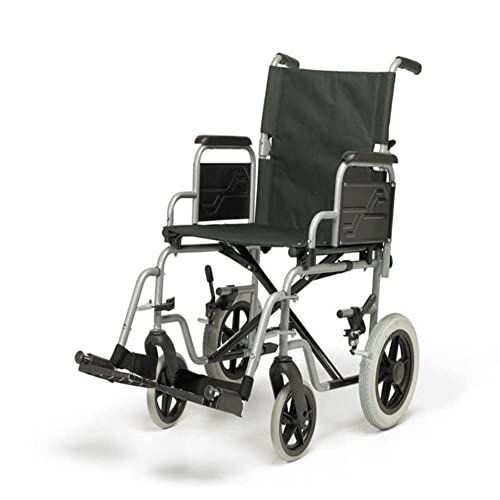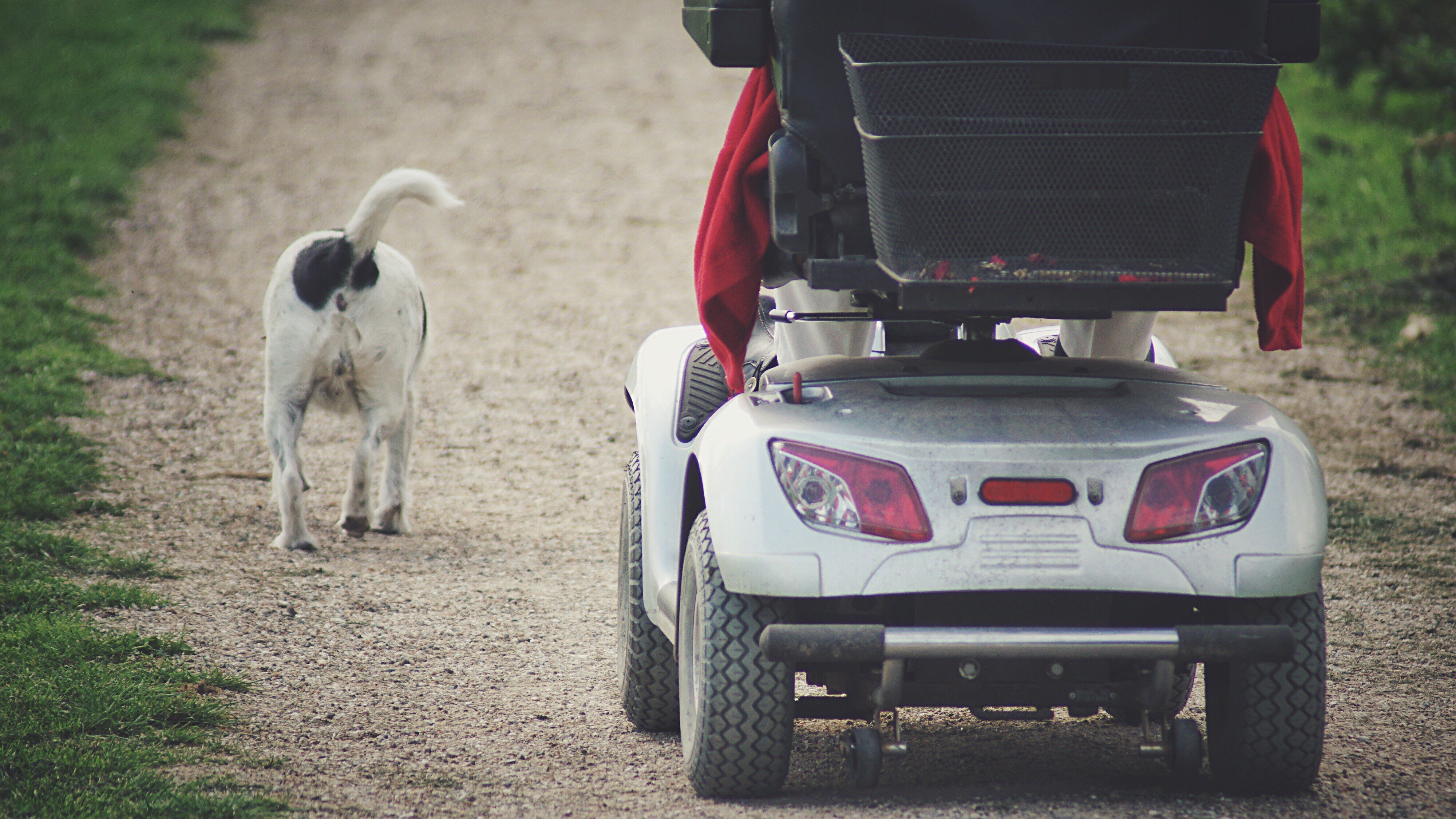This company has no active jobs
0 Review
Rate This Company ( No reviews yet )
About Us
Five Things You Don’t Know About Scooters For Sale Near Me
Exploring Disability Scooters for Sale Near Me: A Comprehensive Guide
In the contemporary world, mobility aids have ended up being progressively sophisticated and available, improving the quality of life for individuals with impairments. Amongst these help, disability scooters stand out as a versatile and efficient option, providing liberty and self-reliance to those who might discover standard walking aids restricting. This short article looks into the world of disability scooters, exploring how they work, the benefits they provide, and where to find them for sale near you.
What Are Disability Scooters?
Disability scooters, also referred to as mobility scooters or electric scooters, are motorized lorries developed to assist individuals with mobility concerns. These scooters are generally geared up with a seat, handlebars for steering, and a range of functions that enhance comfort and security. They are powered by rechargeable batteries and can be used both inside your home and outdoors, depending on the design.
Kinds Of Disability Scooters
-
Three-Wheeled Scooters
- Pros: More maneuverable in tight areas, lighter and often easier to carry.
- Cons: Less stable on unequal surface areas, may feel less safe for some users.
-
Four-Wheeled Scooters
- Pros: Greater stability and balance, better for outdoor use, particularly on rough surface.
- Cons: Less maneuverable in tight spaces, generally much heavier and more difficult to carry.
-
Travel Scooters
- Pros: Designed for simple disassembly, making them perfect for travel.
- Cons: May have a much shorter variety and lower speed compared to full-sized models.
-
Heavy-Duty Scooters
- Pros: Built to support higher weight capacities, often more resilient and tough.
- Cons: Heavier and less portable, may need more maintenance.
-
Standing Scooters
- Pros: Provide an option for users who prefer or need to stand.
- Cons: Less common, may not be as comfortable for long-lasting usage.
Advantages of Disability Scooters
-
Boosted mobility scooter rental
- Disability scooters allow users to take a trip longer ranges and navigate different environments with ease, from supermarket to outside parks.
-
Increased Independence
- By minimizing the need for assistance, these scooters empower users to maintain their independence and perform daily activities more conveniently.
-
Enhanced Quality of Life
- Scooters can substantially improve social and recreational activities, enabling users to participate in neighborhood occasions and keep a more active way of life.
-
Cost-efficient
- Compared to other mobility help like power wheelchairs, scooters are often more budget friendly and have lower upkeep costs.
-
Personalized
- Many scooters included choices for modification, consisting of adjustable seats, speed settings, and additional safety functions.
Where to Find Disability Scooters for Sale Near Me
When trying to find disability scooters for sale, there are numerous alternatives offered to ensure you discover the ideal fit for your requirements.
-
Regional Mobility Aid Stores
- Pros: Opportunity to check drive and see the scooters face to face, knowledgeable personnel for individualized advice.
- Cons: Limited choice compared to online stores, may be more costly due to overhead costs.
-
Online Retailers
- Pros: Wide range of designs and brands, typically more competitive rates, convenience of shopping from home.
- Cons: Can not evaluate drive before buying, prospective shipping expenses and delays.
-
Specialized Dealers
- Pros: Specialized in mobility help, frequently provide prolonged guarantees and funding options.
- Cons: May be more pricey, less physical places.
-
Second-Hand Markets
- Pros: Affordable options, opportunity to check and check the scooter before buying.
- Cons: Limited guarantee, may require upkeep or repair work.
What to Consider When Buying a Disability Scooter
-
User Needs and Abilities
- Physical Condition: Consider the user’s strength, dexterity, and stability.
- Lifestyle: Think about where the scooter will be used most regularly (indoors, outdoors, both).
-
Scooter Features
- Range and Battery Life: Ensure the scooter can handle the distances you need to take a trip.
- Speed and Maneuverability: Choose a scooter that matches your speed choices and the areas you browse.
- Weight Capacity: Verify that the scooter can support the user’s weight.
- Storage and Transport: If you need to carry the scooter, look for models that are light-weight or simple to dismantle.
-
Security and Comfort
- Braking System: Check for dependable and responsive brakes.
- Seating: Opt for a comfy and adjustable seat.
- Lighting and Accessories: Consider features like headlights, turn signals, and baskets for included convenience.
-
Budget plan and Financing
- Initial Cost: Compare rates from various retailers.
- Maintenance Costs: Factor in the expense of batteries, repairs, and routine maintenance.
- Funding Options: Some dealers provide funding or lease-to-own programs.
-
Warranty and Support

- Warranty: Look for a thorough guarantee that covers both parts and labor.
- Client Support: Ensure the retailer provides dependable customer service and assistance.
Frequently Asked Questions About Disability Scooters
Q: Are disability scooters covered by insurance?
- A: Many insurance coverage, including Medicare, can cover a portion of the cost of a disability scooter. Nevertheless, coverage differs, so it’s essential to inspect with your service provider for specific information and requirements.
Q: How frequently do I require to charge the battery?

- A: The frequency of battery charging depends on the design and use. Generally, you need to charge the battery after each use or at least as soon as a week if the scooter is not used day-to-day.
Q: Can I utilize a disability scooter on mass transit?
- A: Yes, many disability scooters are created to be easily transportable and can be used on public transport, such as buses and trains. Nevertheless, it’s a good idea to check the specific rules and policies of your regional transit authority.
Q: Are there any age restrictions for using disability scooters?
- A: There are no rigorous age restrictions, however users ought to be able to run the scooter safely. Numerous scooters are created for older adults, however they can be utilized by anyone who needs support with mobility.
Q: Can I customize a disability scooter to fit my specific requirements?
- A: Many scooters provide customization options, such as adjustable seats and speed settings. For more comprehensive modifications, it’s best to seek advice from a professional mobility help service provider.
Tips for Buying a Disability Scooter
-
Research study Thoroughly
- Check out Reviews: Look for evaluations from other users to get a sense of the scooter’s efficiency and dependability.
- Compare Models: Consider various models and brand names to discover the one that best fulfills your needs.
-
Test Drive Before Buying
- If possible, test drive the scooter to guarantee it feels comfortable and fulfills your requirements.
-
Ask for Professional Advice
- Talk to a healthcare provider or mobility help specialist to get individualized recommendations.
-
Examine for Local Incentives
- Some local federal governments and organizations offer rewards or aids for purchasing disability scooters. Contact your regional disability services to learn more.
-
Consider Future Needs
- Think of any potential modifications in your physical condition that might affect your scooter requires in the future.
Disability scooters are an important tool for improving mobility and independence for people with impairments. By thinking about the user’s needs, the features of the scooter, and the available alternatives for purchase, you can find the ideal scooter to fit your way of life. Whether you’re going shopping at a local shop or browsing online, putting in the time to research and test drive various designs will ensure you make an informed and useful decision. With the ideal scooter, the world ends up being a more available and enjoyable place.
Additional Resources
- Mobility Aid Providers: Check local listings for providers focusing on disability scooters.
- Online Reviews: Websites like Consumer Reports and mobility aid online forums use in-depth evaluations and user feedback.
- Federal government Programs: Look into local and nationwide programs that use monetary support for mobility help.
By exploring these resources and following the suggestions outlined in this post, you can confidently find and purchase a disability scooter that fulfills your specific requirements and boosts your daily life.




